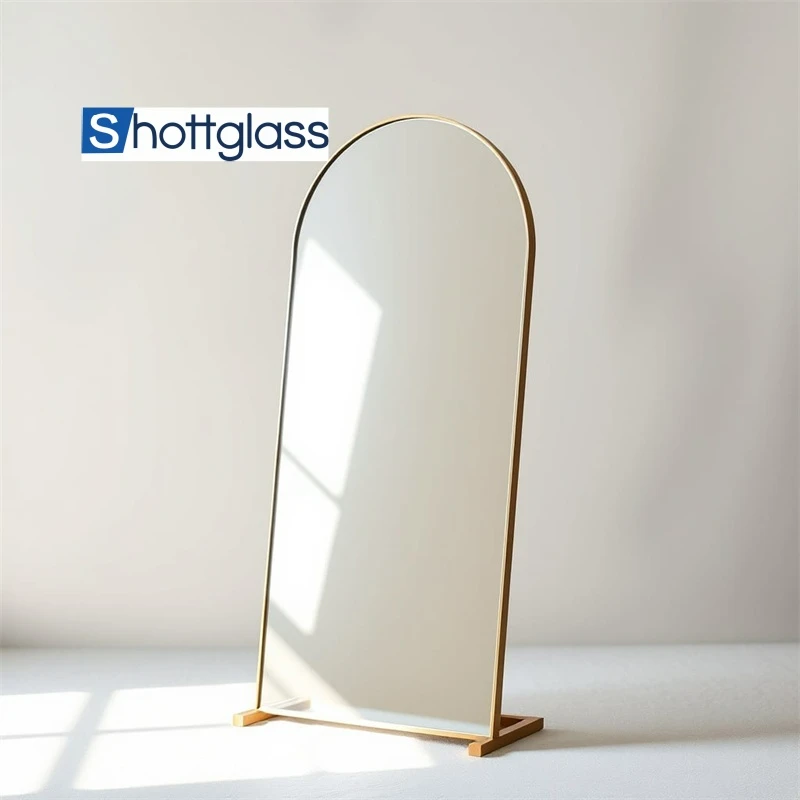Sep . 23, 2025 05:50 Back to list
Tinted Glass: Heat Control & Glare Reduction | Shahe Shott Glass Co., Ltd.
Introduction to Tinted Glass
Tinted glass is a specialized type of colored glass produced by incorporating specific colorants during the manufacturing process. This innovative material not only enhances the visual appeal of structures but also offers practical benefits such as solar heat control and glare reduction. Tinted glass is widely used in architectural, automotive, and interior design applications due to its versatility and performance characteristics. This article explores the key features, technical specifications, and real-world applications of tinted glass, along with insights into its manufacturing and industry relevance.
Key Features of Tinted Glass
Tinted glass is engineered to address two primary challenges: solar heat absorption and sunlight intensity control. These features make it a preferred choice for buildings in regions with high solar exposure, such as deserts or low-latitude areas.
Heat Absorption and Solar Control
Through rigorous solar control testing, it has been demonstrated that tinted glass exhibits superior solar-radiation absorption compared to clear float glass. For instance, a 6mm-thick clear float glass allows 84% heat transmittance, whereas tinted glass reduces this to approximately 60%. The darker the tint, the lower the heat transmittance, making it an effective solution for energy-efficient buildings. This property is particularly valuable in reducing cooling costs and improving indoor comfort in hot climates.
Glare Reduction and Light Control
In areas with intense sunlight, tinted glass effectively softens natural light, preventing visual fatigue and enhancing work efficiency. By adjusting light transmission levels, it creates a balanced indoor environment. Additionally, advanced coating technologies can transform tinted glass into reflective glass, further improving its energy efficiency and glare control capabilities.
Applications of Tinted Glass
Tinted glass is a versatile material with applications spanning multiple industries. Its ability to blend functionality with aesthetic appeal makes it a popular choice for architects, interior designers, and automotive manufacturers.
Architectural Use
As a critical component of building facades, tinted glass enhances the visual appeal of structures while addressing environmental challenges. In commercial and residential buildings, it mitigates the adverse effects of strong sunlight, reducing the risk of glare-related accidents and improving occupant comfort. According to the National Institute of Standards and Technology (NIST), solar control glass plays a vital role in optimizing energy efficiency in modern architecture (NIST).1
Interior Design and Decor
Within interior spaces, tinted glass adds a touch of sophistication and modernity. Its use in partitions, windows, and decorative elements can elevate the aesthetic value of a room while maintaining privacy and light control. For example, grey tinted glass or blue tinted glass can create a calming atmosphere in both residential and commercial settings.
Automotive Industry
In the automotive sector, tinted glass is used in vehicle windows to block excessive sunlight, reducing driver fatigue and enhancing safety. By minimizing glare, it contributes to a more comfortable and secure driving experience.
Product Specifications
| Feature | Details |
|---|---|
| Size (mm) | 1650x2140, 1830x2440, 2140x3300, 2440x3300, or custom sizes |
| Thickness | 4mm, 5mm, 6mm, 8mm |
| Colors | Golden Bronze, Euro-Bronze, Dark Grey, Euro Grey, Black, F-Blue, Dark Green, F-Green, Ocean Blue, and more |
| Applications | Architecture, furniture, and interior decoration |
Company Background: Shahe Shott Glass Co., Ltd.
Tinted glass is manufactured by Shahe Shott Glass Co., Ltd., a leading supplier of high-quality glass products. With a commitment to innovation and customer satisfaction, the company offers a wide range of tinted glass solutions tailored to diverse industry needs. Their expertise in advanced processing techniques, such as cutting, tempering, and laminating, ensures that clients receive customized products that meet specific requirements.
Product Display and Visual Examples
Below are visual representations of tinted glass products:
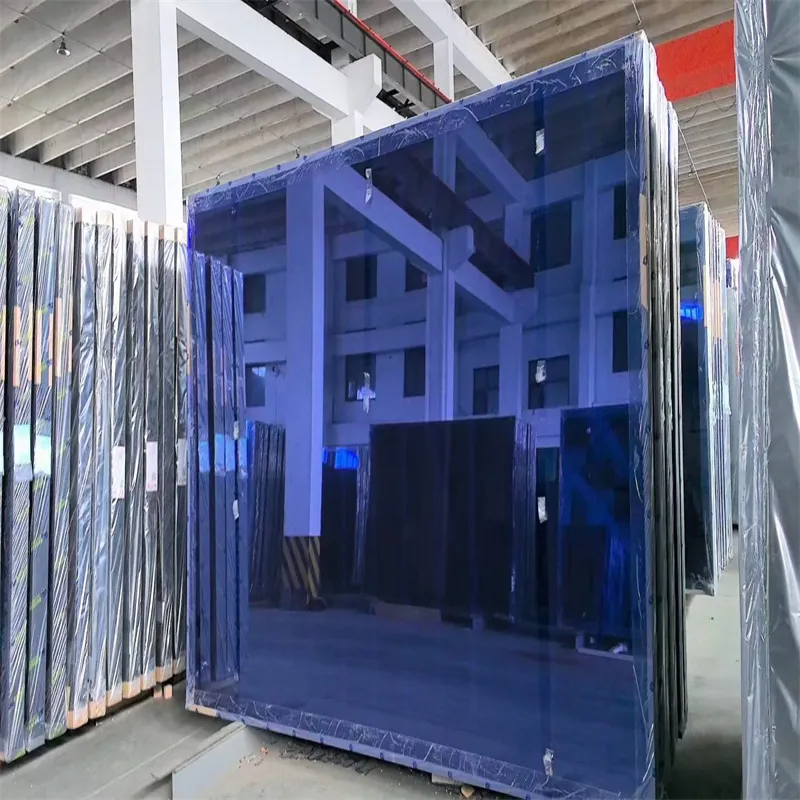
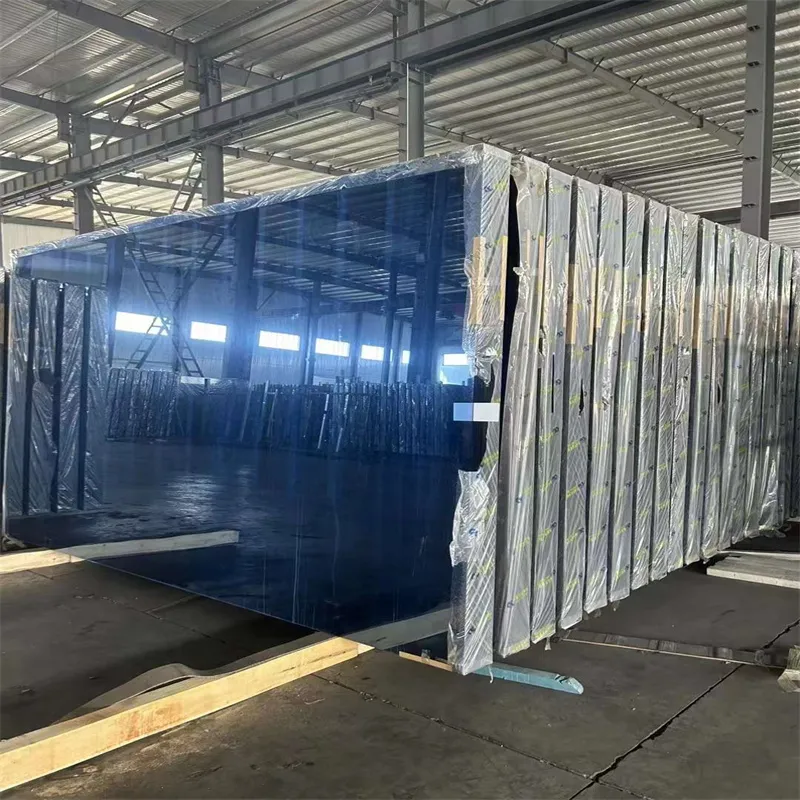
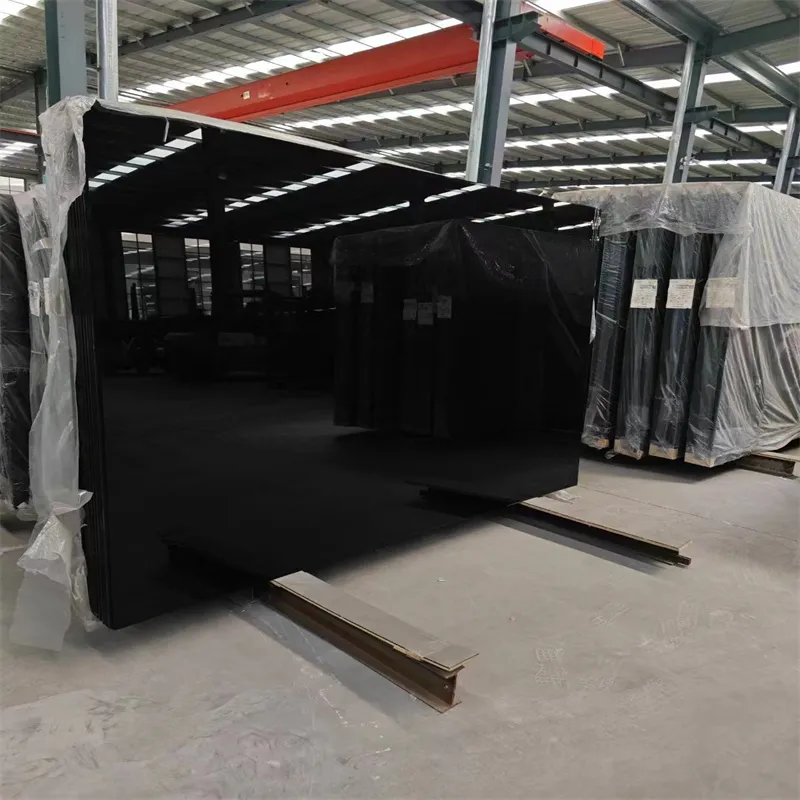
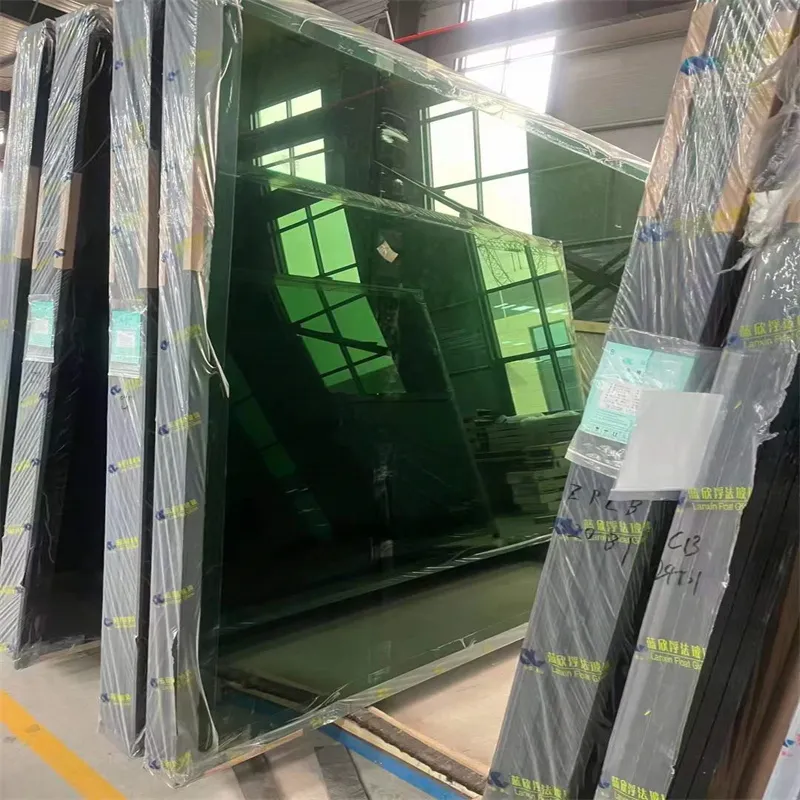
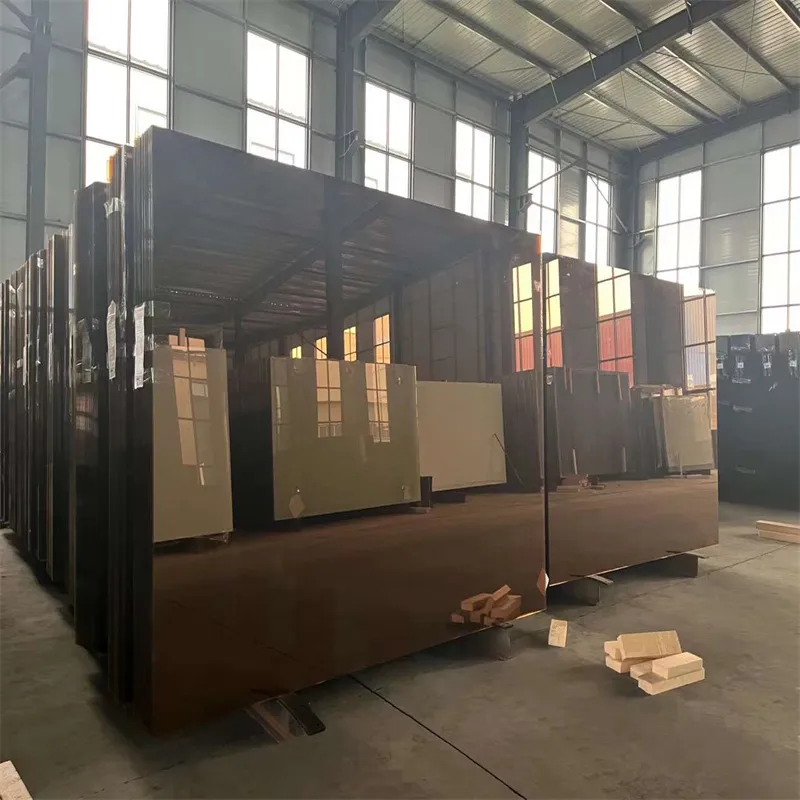
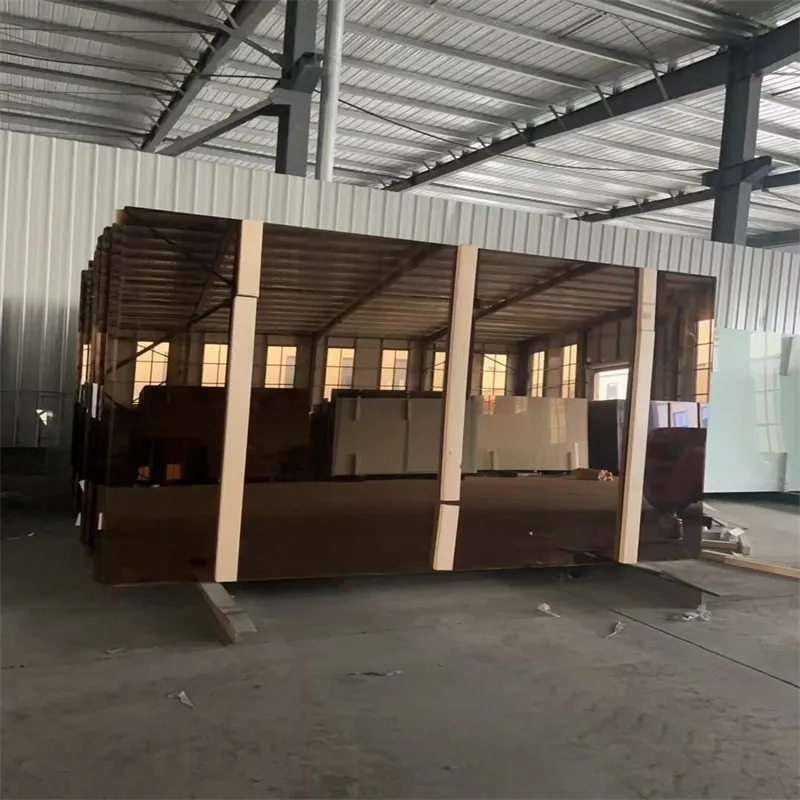
Tinted glass is available in a variety of colors and finishes, including bronze tinted glass, grey tinted glass, and blue tinted glass, as shown in the images above.
Conclusion
Tinted glass is a transformative material that combines functionality with aesthetic appeal. Its ability to control solar heat and reduce glare makes it an essential component in modern architecture and design. By leveraging advanced manufacturing techniques and a wide range of color options, Shahe Shott Glass Co., Ltd. continues to set industry standards for quality and innovation. For more information on tinted glass and its applications, visit the company's official website.
References
1 National Institute of Standards and Technology (NIST). (n.d.). Energy Efficiency in Building Design. Retrieved from https://www.nist.gov/.
-
Types of Reflective Glass
NewsNov.17,2025
-
What Is Dichroic Glass?
NewsNov.17,2025
-
Smart LED mirrors can have touch controls
NewsNov.17,2025
-
Laminated glass improves energy efficiency
NewsNov.17,2025
-
Insulated glass enhances building comfort
NewsNov.17,2025
-
Acid etched glass offers elegant privacy
NewsNov.17,2025
Related PRODUCTS







